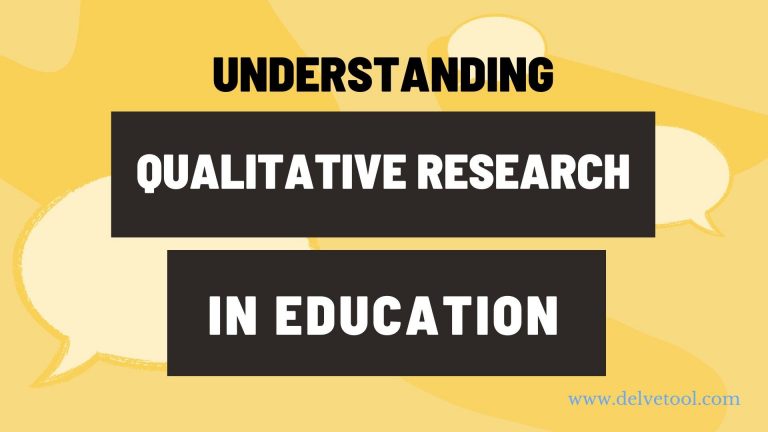A board of education is a governing body responsible for overseeing the public school system within a specific jurisdiction, such as a state, county, or district. These boards are typically made up of elected or appointed members who represent the interests of the community.
Key Responsibilities:
- Policy Development: Creating and implementing educational policies that guide the direction of the school system.
- Budget Approval: Allocating funds for various educational programs, facilities, and staff.
- Superintendent Selection: Hiring and evaluating the superintendent, who serves as the chief executive officer of the school district.
- Curriculum Oversight: Ensuring that the curriculum meets educational standards and aligns with state guidelines.
- Facilities Management: Managing the construction, maintenance, and repair of school buildings.
- Personnel Decisions: Making decisions related to hiring, firing, and contract negotiations for school staff.
Importance of Boards of Education:
- Accountability: Boards provide a layer of oversight, ensuring that public funds are used effectively and efficiently.
- Community Voice: They represent the interests of parents, students, and taxpayers, helping to shape the future of education.
- Educational Leadership: Boards play a critical role in setting the tone and direction for the school system.
Would you like to know more about a specific board of education or have questions about their role in education? Please feel free to ask.










+ There are no comments
Add yours